
Postgraduate study
Imperial's commitment to training the world's leading scientists, engineers and medics is continued in our extensive selection of Master's and research programmes.
I am so grateful for all the amazing opportunities that Imperial gives you here."
Mala
Student blogger
Imperial is a major research university and member of the Russell Group.
With discoveries happening across the university, your child will be challenged and inspired as they are exposed to the latest thinking in their subject.
Our community is what makes Imperial special. They represent countries from across the world, contributing diverse perspectives and fresh approaches.
Studying at Imperial is a challenging experience – but that's what makes it one of the best.
Our students are expected to work hard, but they will receive plenty of support to reach their potential.
A broad education
Our specialist focus means we have the people, facilities and industry connections to offer a rigorous science-based education.
A rich programme to will help develop the critical skills, business awareness and cultural experiences that inspire creativity and enhance your child's impact.
- Imperial Horizons offers free short courses on languages, business and the humanities.
- The I-Explore scheme is built into every undergraduate degree course, enabling your child to take a for-degree-credit module from outside of their discipline
- Through study, work, travel or research abroad your child can experience different academic and cultural environments.
- Our Undergraduate Research Opportunities Programme provides an experience of life as a researcher through work on a real-life project.
- Industrial placements – ranging from summer internships to a full year in industry – enable your child to gain valuable work experience.
How are university studies different?
Studying at Imperial will likely involve much more independent learning and research than your child is used to. We encourage all of our students to take responsibility for their education and time management.
Emphasis on analytical and problem-solving skills encourages them to develop as independent thinkers and formulate their own ideas.
They also gain increasing freedom as their course progresses, allowing them to tailor their education to their own interests and career plans.
The support of staff, who are leaders in their field, is present throughout their degree experience. Find out more about the student support available at the College.
Learning and assessment
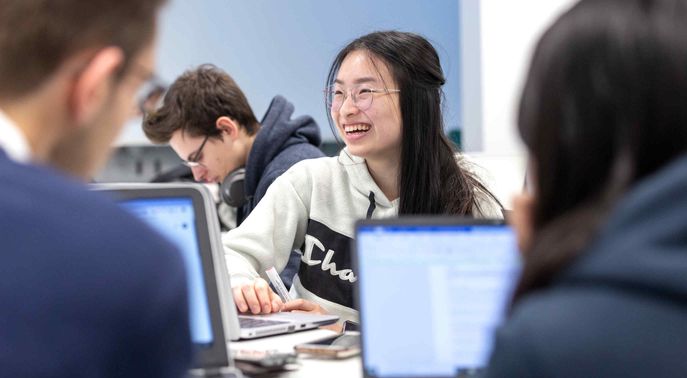
Learning methods
Teaching will vary from course to course but methods include:
- lectures (large group teaching)
- tutorials (small group teaching)
- peer tutorials (where higher-year students tutor first-year students)
- laboratory classes, practicals and fieldwork
- problem-solving classes
- industry placements
- project work
- e-learning
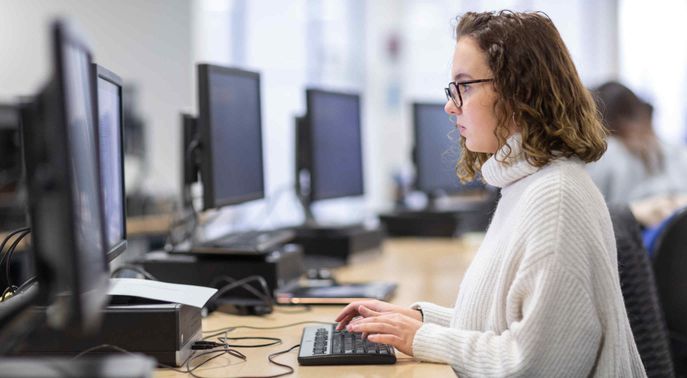
Assessment methods
Assessment methods vary by course but will comprise one or more of the following:
- exams with essay-type questions
- open book or take away exams
- exams with short answer questions
- computer-based exams
- coursework and/or laboratory work
- group and/or individual projects
- oral presentations
Grades and support
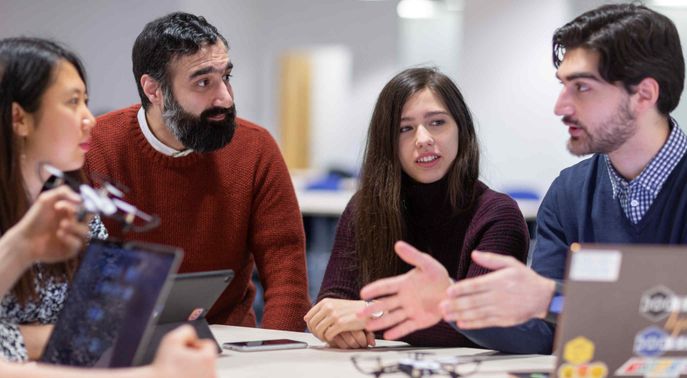
Understanding grades
The university grading system will probably be different from what you are familiar with.
- First-Class Honours (70% and above)
- Upper Second-Class Honours (60-70%)
- Lower Second-Class Honours (50-60%)
- Third-Class Honours (40-50%)
Your child might achieve lower numerical marks than they are used to. This is nothing to worry about. Helping them have realistic expectations can make the adjustment to university study easier.
Please note: due to Data Protection, we are unable to release information regarding a student's academic performance.
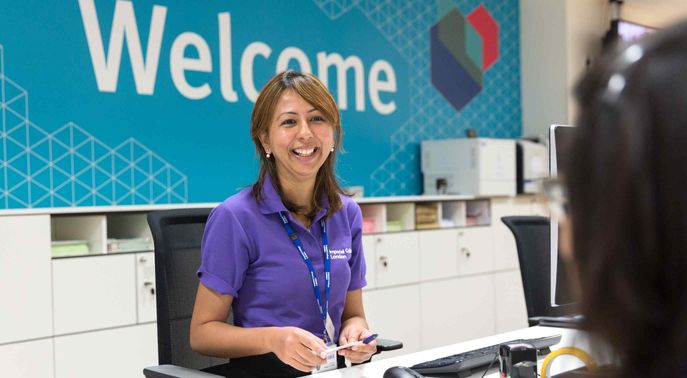
What support is available?
The transition to degree-level study can be a challenge.
We’ve put together the Imperial Success Guide to order to make it as smooth as possible. It contains tips and advice on everything from effective study to health and wellbeing.
Find out more about the College’s network of student support.
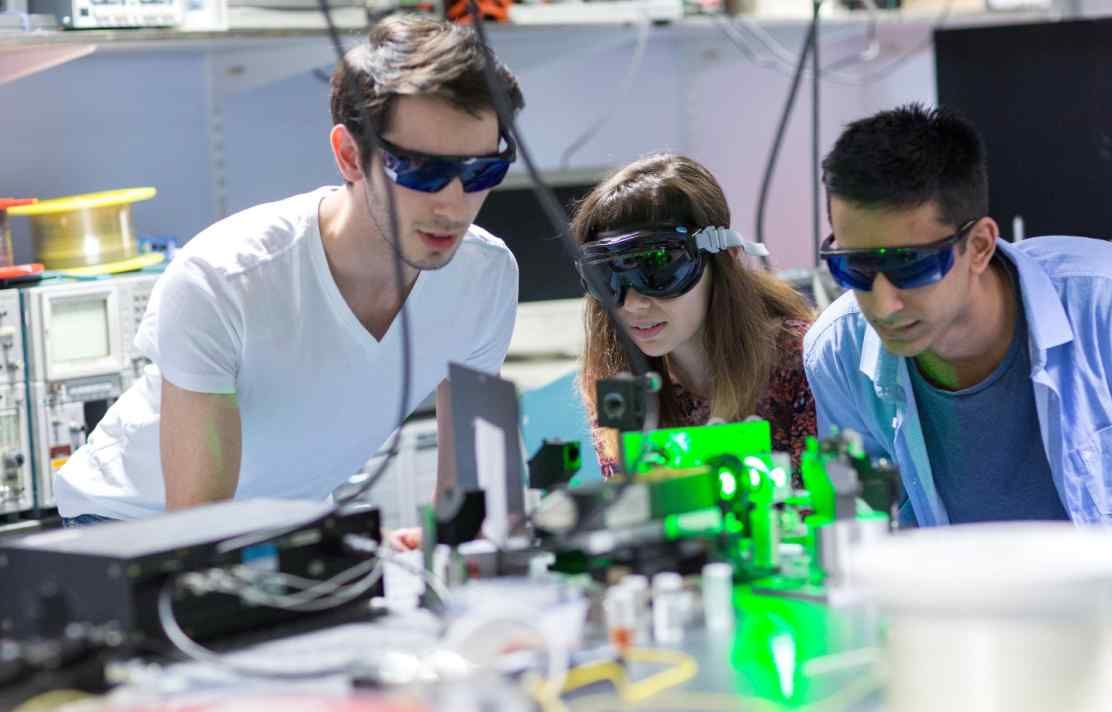
An Imperial education
Postgraduate study
We offer an extensive selection of Master's and research programmes.